The Origins of Dominant Parties: Building Authoritarian Institutions in Post-Soviet Russia
In many autocracies, regime leaders share power with a ruling party, which can help generate popular support and reduce conflict among key elites. Such ruling parties are often called dominant parties. In other regimes, leaders prefer to rule solely through some combination of charisma, patronage, and coercion, rather than sharing power with a dominant party. This book explains why dominant parties emerge in some nondemocratic regimes, but not in others. It offers a novel theory of dominant party emergence that centers on the balance of power between rulers and other elites. Drawing on extensive fieldwork in Russia, original data on Russian political elites, and cross-national statistical analysis, the book's findings shed new light on how modern autocracies work and why they break down. The book also provides new insights about the foundations of Vladimir Putin's regime and challenges several myths about the personalization of power under Putin.
{{comment.content}}

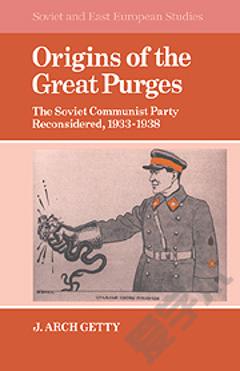
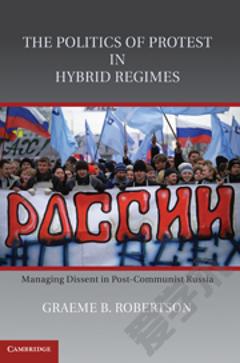
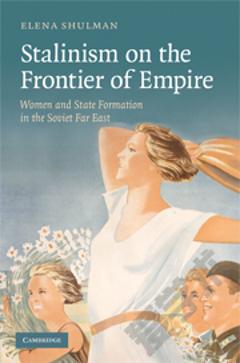
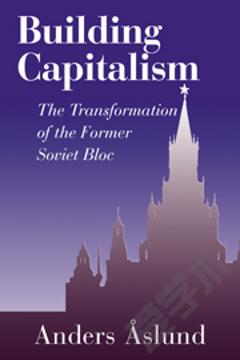
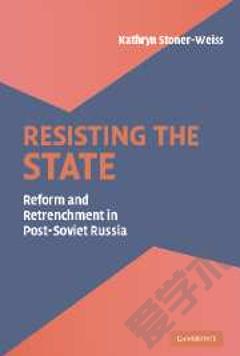
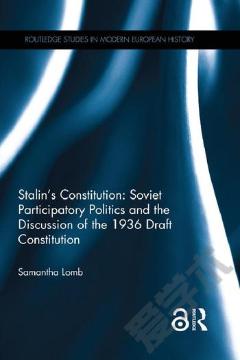

 京公网安备 11010802027623号
京公网安备 11010802027623号